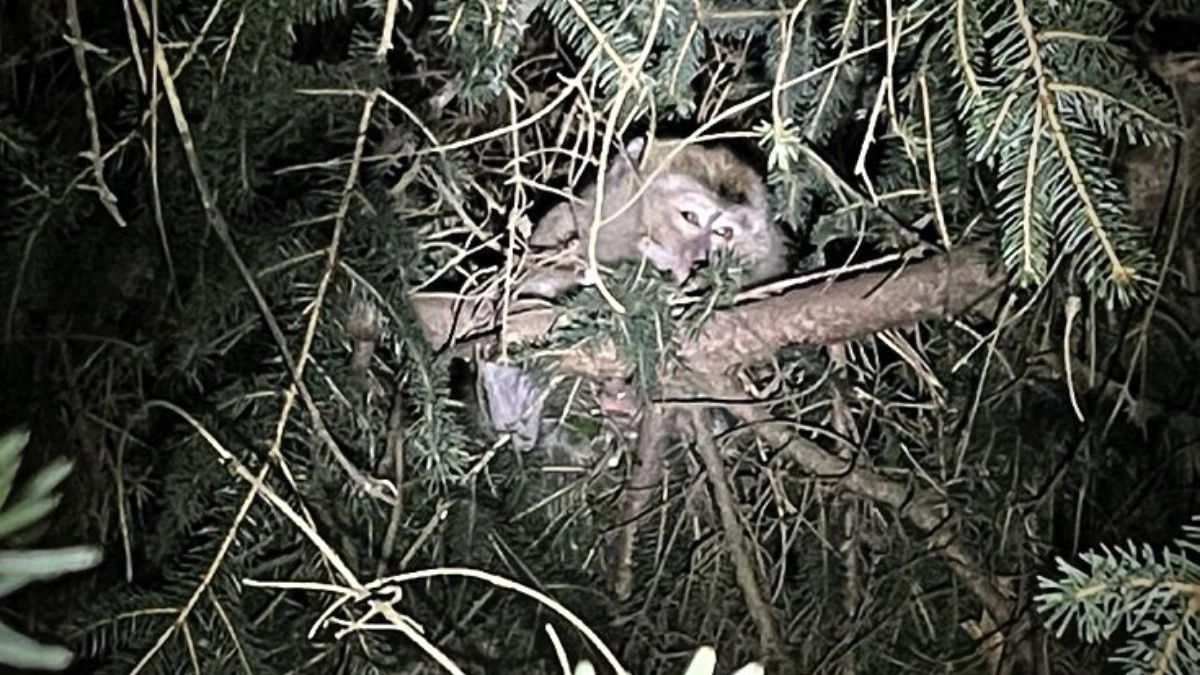Kenya Airways plans to stop shipping macaques from Mauritius when its contract is up at the end of February.
An American woman who offered assistance at the scene of a truck crash involving captive lab monkeys from Mauritius in rural Pennsylvania reportedly fell ill after being exposed to the animals’ faeces and saliva.
The wild incident unfolded last week in the American town Danville, Pennsylvania, where a truck carrying 100 monkeys from Mauritius collided with a dump truck, spilling the animals onto Route 54.
Four monkeys escaped from their crates. One was corralled at the scene. The three others became the subjects of a lengthy search by Pennsylvania State Police and the Pennsylvania Game Commission, which located and euthanized the animals a day later.
Kenya Airways Chairman Michael Joseph confirmed that the airline shipped the long-tailed Macaques from Mauritius to John F. Kennedy International Airport in New York. From there, the monkeys were placed on a truck that later crashed on Route 54 near I-80 in rural Pennsylvania last week.
Kenya Airways also announced it plans to end the transport of all wild animals and will stop shipping macaques when its contract is up at the end of February.
Meanwhile, according to American channel, NBC News, Danville resident Michele Fallon was driving directly behind the truck that crashed and observed the monkey crates tumble from the trailer.
NBC cited Fallon as stating she initially was told there were cats inside the crates and offered to help with the cleanup – only to discover she was surrounded by monkeys.
“I thought I was just doing the right thing by helping,” Fallon said in a media interview. “I had no idea it would turn out this way.”
After touching and handling the monkey crates, Fallon said she later developed a cough, runny nose and a pink eye-like reaction in one of her eyes. She explained that she’d had a prior open cut on her hand and became worried about her health.
One of the long-tailed macaques “hissed” at her from inside a crate that fell onto the roadway, she said.
“I was close to the monkeys. I touched the crates. I walked through their faeces. I was very close,” Fallon said.
She was later interviewed at the scene by state police and workers from the U.S. Centers for Disease Control and Prevention. They urged her to take precautions since the monkeys had not been quarantined and monitored.
Fallon went to Geisinger Medical Center in Danville, where she received her first dose of a rabies vaccine and was prescribed anti-viral medication for two weeks.
“The shipment of cynomolgus monkeys, commonly known as crab-eating or long-tailed macaques, arrived in the United States via John F. Kennedy International Airport from the island nation of Mauritius in the Indian Ocean. They were destined for an unnamed, CDC-approved quarantine facility, NBC reported.
The monkeys are considered highly valuable for experimental research, each worth as much as $10,000.
During the search for the three escaped monkeys, state police had warned the public not to assist in looking for the animals or come into contact with them. The CDC provided technical assistance to state police in managing the response to the incident.
Fallon received a letter from the CDC, obtained by The Daily Mail, urging her to “seek immediate medical attention” if she had any contact with a loose monkey.
“Nonhuman primates and humans are naturally susceptible to many of the same diseases,” the CDC explained in its letter.
One of the diseases spread by long-tailed macaques is the herpes B virus, which can be transmitted through saliva, faeces or urine. Infections, though extremely rare, can lead to the development of blisters and potentially life-threatening complications if left untreated, according to the CDC.
Original article at NBC News












